Man-feat and his memory. Participant in the storming of the Reichstag Alexei Berest was erected a monument, but the title of Hero of Russia has not yet been awarded
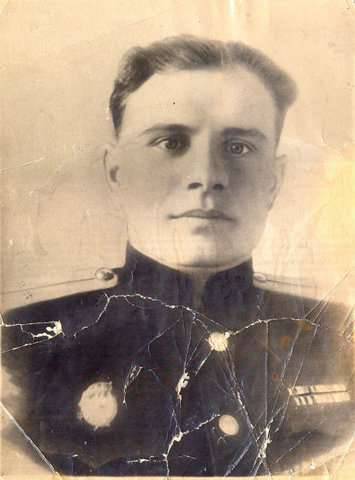 Unfortunately, the name of Alexei Berest is known to very few people outside the Rostov region. But for many Rostovites, the name of Berest is truly holy. Back in the distant 1945 year, 24-year-old junior lieutenant Alexei Berest, who served as deputy battalion commander for political affairs, commanded the unit that hoisted the Red Banner of Victory over the Reichstag. This year, March 9, Aleksey Berest would have turned 95 years old. He was born 9 in March 1921 in the village of Goryaistovka, Akhtyrsky district of Sumy region, in a large peasant family. From October 1939, having signed up as a volunteer for the Red Army, Berest was in military service, participated in the Soviet-Finnish war. Berest met the Great Patriotic War as an ordinary soldier, then he was promoted to the corporal, and in 1943, among the best soldiers, he was selected to study at the Leningrad military-political school, after which he was distributed by the deputy commander of the battalion to the political part 756- of the rifle regiment of the 150 th rifle division.
Unfortunately, the name of Alexei Berest is known to very few people outside the Rostov region. But for many Rostovites, the name of Berest is truly holy. Back in the distant 1945 year, 24-year-old junior lieutenant Alexei Berest, who served as deputy battalion commander for political affairs, commanded the unit that hoisted the Red Banner of Victory over the Reichstag. This year, March 9, Aleksey Berest would have turned 95 years old. He was born 9 in March 1921 in the village of Goryaistovka, Akhtyrsky district of Sumy region, in a large peasant family. From October 1939, having signed up as a volunteer for the Red Army, Berest was in military service, participated in the Soviet-Finnish war. Berest met the Great Patriotic War as an ordinary soldier, then he was promoted to the corporal, and in 1943, among the best soldiers, he was selected to study at the Leningrad military-political school, after which he was distributed by the deputy commander of the battalion to the political part 756- of the rifle regiment of the 150 th rifle division.On April 30, 1945, by order of the first commandant of the Reichstag, commander of the 756th Infantry Regiment, Zinchenko F.M., junior lieutenant Alexei Berest led the combat mission of erecting the banner of the military council of the 3rd shock army on the Reichstag dome. For this operation he was awarded the Order of the Red Banner. About how it happened historical the event is written in many books and articles, but it will never be superfluous to once again recall the feat of heroes - Red Army soldiers. Having burst into the Reichstag building, Soviet soldiers came under enemy fire. Birch bark managed to hide behind a bronze statue. The Germans fired so hard that a hand fell off the statue. The junior lieutenant immediately orientated - he grabbed a piece of broken bronze and threw to the side where machine-gun fire was fired from. The machine gunner became quiet - apparently he thought that the Soviet officer threw a grenade. While the fire ceased, Berest and his fighters rushed forward, but the staircase to the top was destroyed. Then Alexey Berest, in which there were nearly two meters of growth, himself became a “ladder” - Mikhail Egorov and Meliton Kantaria rose upstairs on his shoulders. Berest first climbed into the attic of the Reichstag. The red banner of Victory was tied to the bronze leg of a horse by soldier's belts.
Hoisting the banner of Victory was not in those epochal days for our country the only feat of Aleksei Prokopievich Berest. On the night of 2 in May 1945, Beresta, as a man of prominent, representative appearance, the Soviet command authorized to negotiate the surrender with the commanders of the German unit defending the Reichstag. The arrogant Hitler officers did not want to enter into negotiations with the Soviet commanders in the rank below the colonel. But in the unit that first broke into the Reichstag, only the battalion commander, Captain Stepan Neustroyev, a short man who the Germans didn’t exactly believe that he could be a “real colonel,” was senior in rank. Therefore, the negotiations sent Beresta - a tall guy with a stately military bearing. From the commissar of the battalion, the colonel was at least somewhere, even if he wore the shoulder straps of a junior lieutenant. Indeed, German officers didn’t doubt that they were dealing with a colonel, and even the age of Beresta was not surprised - firstly, the junior lieutenant looked older than his years, and secondly, twenty-five-year-old colonels are not often at war, but have met. Berest gave the Nazis two hours of time - to think about surrender, after which he went back to the position of his unit. When Alexey Prokopievich was moving away towards the Soviet positions, a shot rang out. Zampolit did not even turn around. When Berest reached his people, he saw that the Hitlerite sniper was aiming at his head, but hit his cap and shot her. The Germans, who saw how a Soviet officer, who had a bullet passed in a few centimeters from the head, pierced his cap, did not even flinch, called the “young colonel” even more respect.
Of course, Junior Lieutenant Alexei Berest was supposed to have become a Hero of the Soviet Union 70 years ago. After all, the other participants in the storming of the Reichstag, who had erected the Victory banner on it, were given the titles of Heroes of the Soviet Union. In May 1946, the Presidium of the Supreme Soviet of the USSR, issued a decree “On conferring the title of Hero of the Soviet Union to the officer and sergeant staff of the USSR armed forces, to hoist the Victory Banner over the Reichstag.” Captain Stepan Neustroyev and Vasily Davydov, senior lieutenant Konstantin Samsonov, sergeant Mikhail Yegorov, junior sergeant Meliton Kantaria received the Golden Star of the Hero. But Junior Lieutenant Beresta rewarded the award. They say that Marshal Georgy Konstantinovich Zhukov himself contributed to this - he was very cool towards political workers, and Berest, as you know, served as deputy commander of the rifle battalion for political affairs. According to another version, Berest was refused because of his inconvenient nature. Be that as it may, the Berest did not become the Hero of the Soviet Union. Formally. After all, with his life he proved that he is the real hero - not only of the country, but of humanity as a whole. Such were his deeds.
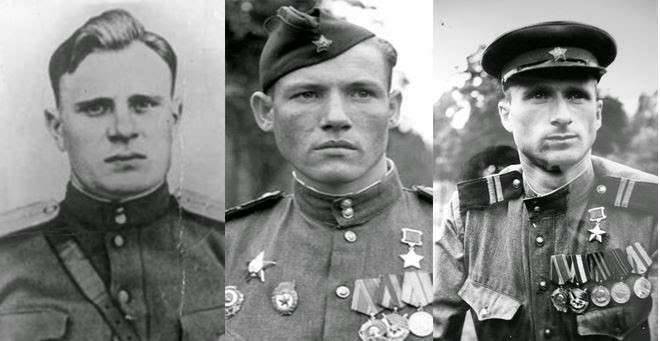
Alexei Prokopyevich was not lucky with his post-war career. He left the reserve as a senior lieutenant from the post of political officer of the communications center of one of the units of the Black Sea fleet. After demobilization from Sevastopol, where the last years of service took place, Berest moved to the Rostov region. Here, in the village of Pokrovsky, he headed the cinema department. But in 1953, Berest was arrested. The thing was dark and confusing. They say that Alexei Prokopyevich was framed, and during interrogation, he punched the investigator in the physiognomy - he insulted the participant in the war. Birch bark was accused of embezzlement and given ten years. But Alexei Prokopyevich served two times less than the appointed term - he was released under an amnesty. From Pokrovsky, the Berest family moved to Rostov-on-Don. Of course, Aleksey Prokopyevich could no longer work in administrative posts with a criminal record and a real five-year term. First, he got a job as a loader, then - at the famous Selmash - Rostov Agricultural Engineering Plant, a sandblaster in a steel shop. The family settled in the village of Frunze, on the eastern outskirts of Rostov-on-Don, in the area of the modern airport. They lived modestly, while the doors of Alexey Prokopyevich’s house were always open to all those in need - he never refused to help either his neighbors, colleagues, or even casual acquaintances. Alexei Prokopyevich himself until the end of his life, as people who knew him remember, retained a certain resentment for the authorities, which did not appreciate his merits, moreover, he locked him in jail.
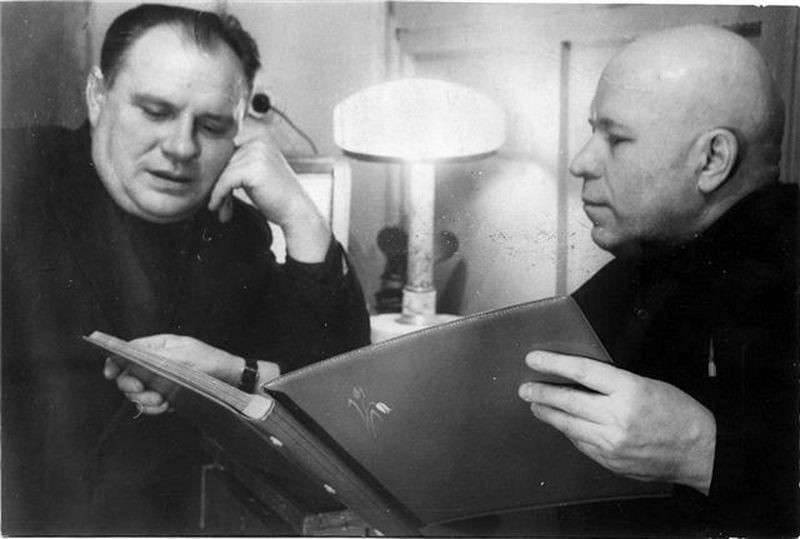
Alexey Prokopievich Berest accomplished his last feat in 25 years after the storming of the Reichstag. For a quarter of a century after the war, despite all the difficulties of life, he never ceased to be a hero, a man with a capital letter. In the 1970 year, 3 in November, Aleksey Berest walked with his grandson - stood at the crossing over the railway tracks. The train was approaching. And suddenly there was a loud cry: "Train!". A train approached and someone from a crowd of people waiting for her on the platform pushed a little five-year-old girl on the way. Alexey Prokopevich rushed to the rails. He managed to push the girl out of the canvas, but he did not have time to jump out. The train threw Beresta on the platform. An ambulance was called, Beresta was taken to the hospital, but they could not save Aleksey Prokopevich. The hero of the storming of the Reichstag died, and he was only forty-nine years old. Aleksei Prokopievich Beresta was buried in a small cemetery in Aleksandrovka, a village that became part of Rostov-on-Don, since this cemetery was closest to the village of Frunze, where the hero's family lived.
For a long time, nationwide, the name Berest was tried not to advertise. In the Soviet period of Russian history, Berest was embarrassed to play the role of a “hero - symbol” - after all, he was a complex person with a difficult biography. Nevertheless, a prison term took place in his life. And it turned out inconveniently - like this, the Soviet government deprived such a person with an award in 1945. True, in Rostov-on-Don, Alexei Prokopyevich Berest was always respected. One of the streets of Rostov in the village of Selmash, as well as school number 7, was named after Alexey Berest. Although at the country level, Berest was not often spoken about, in Rostov-on-Don even the local party authorities respected his memory. At the grave of Alexei Prokopyevich held ceremonies for admission to the pioneers. On Victory Day, residents of Alexandrovka and other areas of the city gathered here, war veterans spoke. But the title of Hero was not assigned to Berest even in post-Soviet Russia. This is doubly offensive, since back in 2005, Alexei Prokopyevich Berest, born in the Sumy region of the Ukrainian SSR, received the posthumous title of Hero of Ukraine. It turns out that in Ukraine his memory turned out to be more respected than in Russia, where he spent most of his life and where he died heroically, saving a small child.
For decades, indifferent Rostov citizens do not lay hands on, but do everything possible to force the authorities to appreciate the merits of Alexei Prokop'evich according to their merits and assign him posthumously the high title of Hero of Russia. So, in Rostov, Nikolay Shevkunov from Rostov, in February 2015, filed a petition addressed to the President of the Russian Federation Vladimir Putin, in which he asked to assign Alexey Prokopyevich Berest the title of Hero of Russia posthumously. For Nikolai Shevkunov, perpetuating the memory of the hero is a matter of honor, because in the distant 1963 year, more than fifty years ago, Alexey Prokoevich Berest accepted him as a pioneer. In addition to the request for conferring the title of Hero of Russia, the petition also contained a request to put a monument to Alexei Berest in Rostov-on-Don, the city where the last years of the legendary participant in the storming of the Reichstag passed.
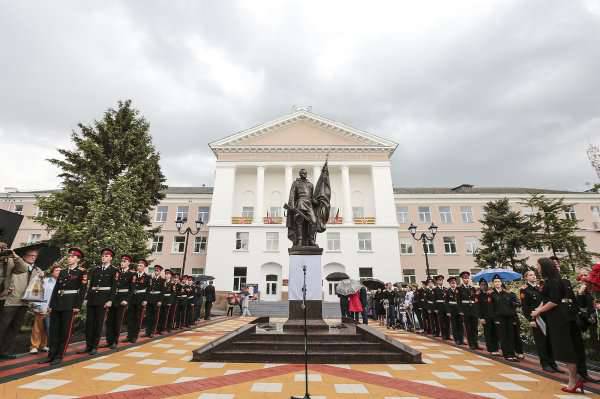
And so, in May 2016 of the year, one of the requests of the Rostovites came true. In the park of the 353 th Infantry Division, despite a rainy day, over a hundred people gathered. Among them were representatives of the administration of the Rostov region and Rostov-on-Don - the governor of the Rostov region Vasily Golubev, the chairman of the Legislative Assembly of the region Viktor Deryabkin, the chairman of the Committee on Legislation Irina Rukavishnikova. The daughter of Aleksei Prokopievich Beresta, Irina Alekseevna Berest, pupils of city schools and cadets of the cadet corps, caring citizens was present. As it became known, employees of the Rostov Institute for the Protection of Entrepreneurship became the initiator of the creation of the monument to Alexei Berest. The project of sculpture in full growth was prepared by the famous sculptor Anatoly Sknarin in the city, and the cost of the project, paid for from private voluntary donations, was about two million rubles. The monument depicts Aleksei Prokopyevich Beresta as the standard-bearer of the Victory.
In addition to the opening of the monument, on behalf of the Head of the Administration of Rostov-on-Don Sergey Gorban, the Media Center South Region-DSTU Media Center, together with the Administration for Information Policy and Media Relations of the Rostov-on-Don Administration, created the documentary Three the feat of Alexei Berest ", which tells about the difficult life of the national hero. The picture includes footage of the creation of the monument to Alexey Prokopievich, the celebration of the 95 anniversary of his birth, the memories of Irina Alekseevny Berest, the hero's daughter, about her wonderful father.
The governor of the Rostov region, Vasily Golubev, emphasized that “with the opening of the monument to Beresta, historical justice triumphed. His feat ended the victorious war with the defeat of the Nazi troops in their lair. After the war, he made another feat: at the age of 49 years, saving the 5-year-old girl who fell in front of the train, he paid with his life. ” Viktor Deryabkin, Chairman of the Legislative Assembly of the Rostov Region, speaking at the opening of the monument, said that the deputies of the Rostov Region appealed to the Chairman of the Commission under the President of the Russian Federation for state awards with a request to restore historical justice and assign posthumously the high title of Hero of Russia to Aleksey Prokopevich. So now it's all up to the federal authorities.
- P P 'SЊSЏ RџRѕR "RѕRЅSЃRєRёR№
- http://naspravdi.info/, http://dnevniki.ykt.ru/, http://voopiik-don.ru/
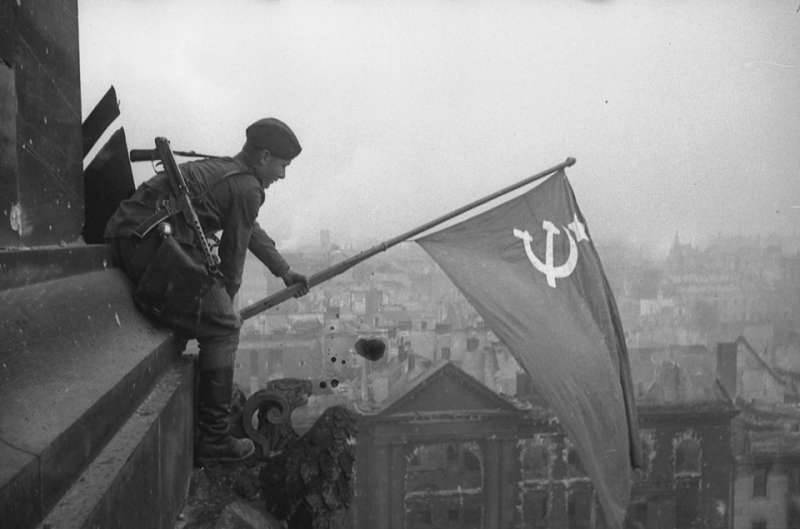
Information